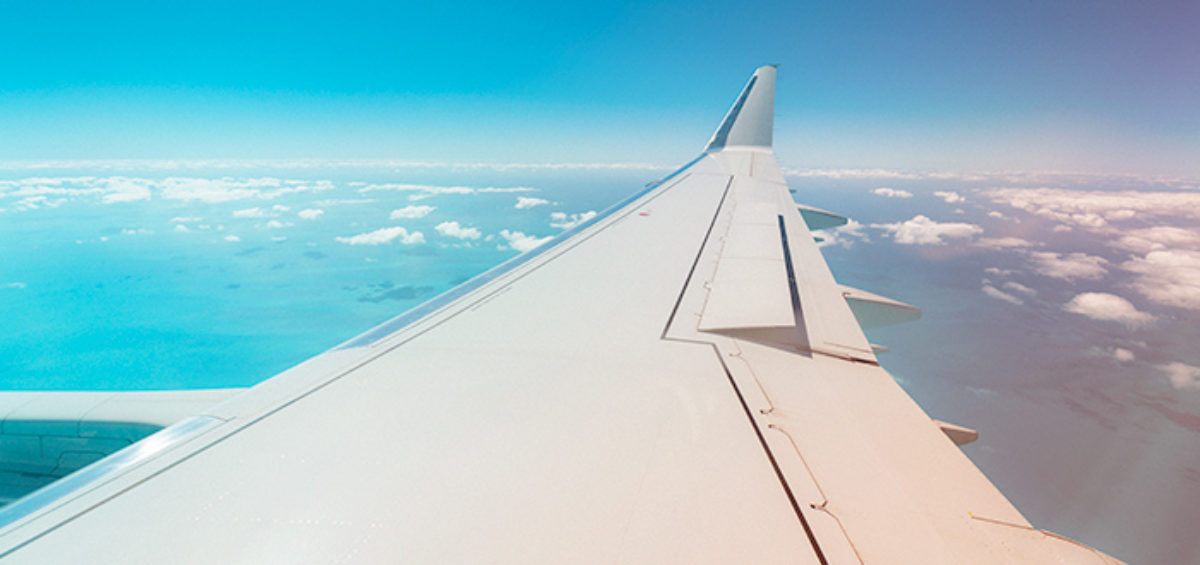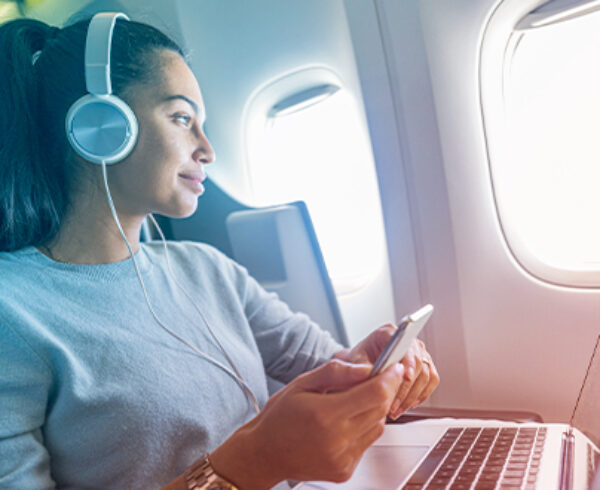The travel industry is full of new developments and innovations — things that make the travel experience better, more efficient and more enjoyable. Unfortunately, these new developments and innovations are sometimes met with push back — which is the case with the recent smart luggage ban.
“Smart luggage” is a category of travel bag that features products with embedded Wi-Fi hotspots, GPS tracking capability, USB connections for charging, built-in scales and much more. Smart luggage may have sounded like a godsend to some tech-savvy travelers. But many airlines have a different opinion of it.
Many carriers foreign and domestic have altogether banned smart luggage use on their routes. These carriers include United, Delta, American, Alaska, Southwest, Hawaiian, Allegiant, Qantas, Air Canada and British Airways. The luggage bans went into place in January 2018.
How should you handle these bans as a business traveler? And what can you do if you’ve already invested in smart luggage? Read on for answers to those questions and more.
Why Are Airlines Banning Smart Luggage?
To some, the smart luggage ban sounds downright mean — the work of the travel industry’s Luddites. But, at closer examination, the ban makes perfect sense from a safety perspective.
Most smart bags are powered by lithium batteries, which are similar to the batteries used in cameras, laptop computers are other devices. The problem with lithium batteries is that they have a tendency to overheat and even to explode.
Needless to say, an exploding lithium battery in an overhead compartment would pose a risk to travelers and even the plane itself. And it’s even worse if a lithium battery is checked rather than carried on.
Remember the issue with Samsung’s Galaxy Note 7 phone? It was banned from airline travel for the same issue — concern that its lithium-ion battery would overheat and explode in mid-flight.
What’s the Solution for Smart Luggage Owners?
As of now, there’s one workaround for business travelers who own smart luggage and who want to use it on business trips. You may use smart luggage if you can remove the battery and keep it in the cabin with you rather than placing it in a checked bag.
If you’re in the market for a smart bag that meets these new regulations, take a look at either the Raden A22 as a carry-on or suitcases by Away if you’re looking for something larger. Both options feature removable batteries that will let you fly without concern.
If you’ve just invested in a smart bag that does not comply with new regulations, consider reaching out to the manufacturer. Changes in airline policy may spark modification opportunities for older bags, or even trade-in programs as manufacturers respond to these changes. But smart luggage manufacturers are only likely to respond if they hear from affected customers.
Stay in the Know With JTB USA Business Travel
When you travel for business, a small change in rules and regulations like the smart luggage ban can put a serious damper on your next trip — if you’re unprepared for it. At JTB USA Business Travel, we work with companies large and small, providing comprehensive services, tools, resources and guidance.
If and when things change for traveling team members, we let you know. Behind everything we do is a common sense approach to business travel.
Contact us today about our services as a comprehensive corporate travel agency.














Leave a Comment